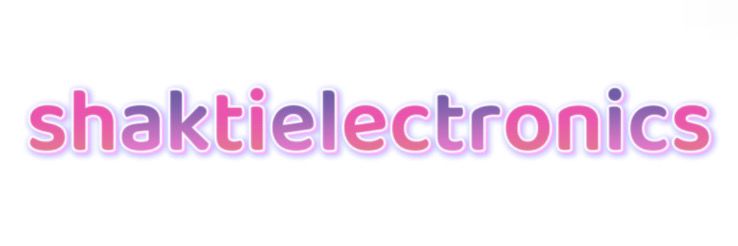li-ion battery types
Nov. 12, 2025
Understanding Li-Ion Battery Types: Making the Right Choice for Your Needs
If you're in the market for a new li-ion battery, you're not alone. Many consumers face confusion when it comes to choosing the right type of lithium-ion battery for their devices. With various options available, each with its own specifications, it's easy to get overwhelmed. But understanding the different types of li-ion batteries can help alleviate this pain point and enable you to make an informed purchasing decision.
For more li-ion battery typesinformation, please contact us. We will provide professional answers.
The Popular Types of Li-Ion Batteries
Li-ion batteries come in several types, each serving distinct purposes. Here’s a breakdown of the most common types:
1. Lithium Cobalt Oxide (LCO)
This type is widely used in smartphones, laptops, and portable electronics. LCO batteries are known for their high energy density, meaning they can store a lot of energy in a small space. However, they also have lower thermal stability, which can be a concern in high-performance applications.
2. Lithium Iron Phosphate (LFP)
LFP batteries are best known for their safety and stability, making them ideal for applications requiring a longer lifespan. They are commonly used in electric buses and energy storage systems. Although they have a lower energy density compared to LCO, their long cycle life (up to 2000 cycles) can save consumers more money in the long run.
3. Lithium Manganese Oxide (LMO)
LMO batteries are characterized by their thermal stability and high safety. This type is often used in power tools and electric vehicles. Their discharge rate is better than LCO, making them a popular choice in applications where high power is a must. A case study from a major electric vehicle manufacturer showed that using LMO batteries improved the vehicle's efficiency by 30%.
4. Lithium Nickel Manganese Cobalt (NMC)
NMC batteries provide a balance between high energy density and thermal stability, making them suitable for a wide range of uses, including electric vehicles and e-bikes. They can deliver impressive performance while keeping costs manageable. According to a report by EV Outlook, the demand for NMC batteries grew by over 25% in just the last year, showcasing their popularity in the market.
Identifying Customer Pain Points
Understanding battery types is crucial, but many customers still struggle with selecting the right one for their needs. Here are some common pain points:
- Confusion Over Specifications: Customers often don’t understand terms like energy density, discharge rate, and cycle life.
- Safety Concerns: Worries about overheating and battery lifespan can deter customers from making a decision.
- Price vs. Performance: Many consumers want the best performance but are unsure if the higher price translates directly into value.
Finding the Right Li-Ion Battery Type
To tackle these pain points, start by assessing your specific needs:
- Evaluate Your Device: What device will the battery power? Understanding your device's requirements will narrow down your options.
- Prioritize Safety: If safety is your primary concern, consider LFP batteries. They offer excellent stability and are less prone to overheating.
- Consider Your Usage: Will you use the battery for high-drain applications, such as power tools or electric vehicles? If so, NMC or LMO batteries could be your best bet.
Next Steps for Buyers
After identifying your needs, the next step is research and comparison. Look for reputable brands that provide clear information about their battery specifications. Many online retailers allow customers to filter products by battery type, energy capacity, and other essential features, making your shopping experience easier.
Additionally, consider customer reviews and case studies. For example, if a battery provider has several testimonials confirming the long life and high performance of their LFP batteries, that can be a strong indicator of reliability.
Don’t hesitate to reach out to customer service representatives for guidance. They can provide detailed information and help clear any remaining doubts.
In conclusion, understanding the various types of li-ion batteries and their respective strengths can significantly ease your purchasing journey. By assessing your needs and evaluating your options carefully, you can find the perfect battery to power your devices safely and efficiently.
Now that you're equipped with the knowledge about li-ion batteries, take the next step: explore available options, compare prices, and make your informed decision today!
Are you interested in learning more about high c rate lithium battery? Contact us today to secure an expert consultation!
3
0
0
Previous: None


Comments
All Comments (0)